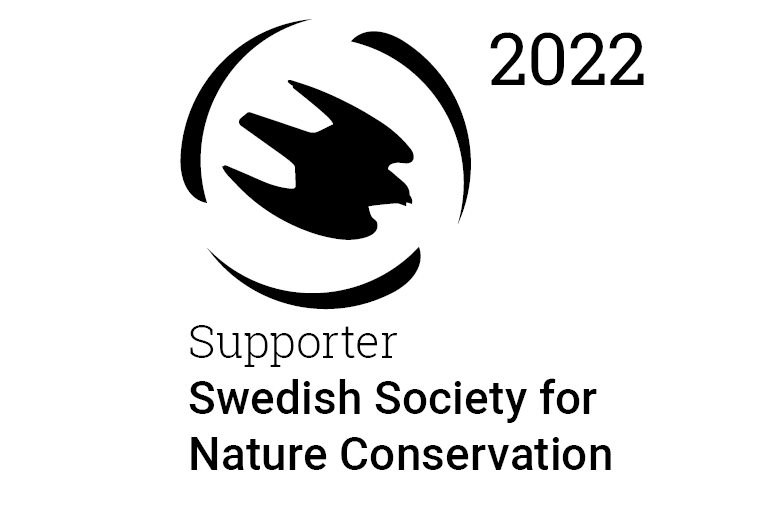- Home
- News Details
News Details

Japan's METI Requires Comprehensive Reporting on Two Priority Assessment Chemicals
2023-11-23 Reference source : METI
On 1 November 2023, Japan's Ministry of Economy, Trade and Industry (METI) issued a directive requiring companies to submit detailed information on two priority assessment chemicals (PACs) under the country's Chemical Substances Control Law (CSCL).
The substances in question, sodium alkenesulfonate and sodium hydroxyalkanesulfonate, have been listed as PACs, indicating their potential risks to the environment or human health. Companies are now required to submit comprehensive data with their annual reports for the financial year 2024. The information required includes:
Name and Contact Details of Notifier: Companies must provide their name and contact details as the notifier of the substances in question.
Name and CAS Number of the Substance: The specific identification of the substances with their Chemical Abstracts Service (CAS) numbers is crucial for accurate reporting.
Chemical Structure, Composition, and Weight Percentage: Detailed information about the chemical structure, composition, and weight percentage of the substances is required for a thorough assessment.
Volume: Companies are required to disclose the volume of the substances being manufactured or imported, especially if the volume exceeds one tonne per year.
Uses: METI is requesting information on the intended uses of sodium alkenesulfonate and sodium hydroxyalkanesulfonate, as understanding the potential exposure scenarios is essential for risk evaluation.
Priority assessment chemicals are subject to increased scrutiny due to their potential adverse effects. The National Institute of Technology and Evaluation’s (NITE) Chemical Risk Information Platform shows that there are currently 218 substances listed under the PAC category.
Companies engaging in the manufacture or import of these substances in quantities exceeding one tonne per year are required to submit their annual reports, ensuring compliance with METI regulations and contributing to the overall safety and accountability in the handling of chemicals.
We acknowledge that the above information has been compiled from METI.
Global Product Compliance (GPC) specializes in Global Regulatory Compliance Solutions across sectors
globally. SSS Europe, a familiar name in chemical regulatory and compliance services now formally belongs
under the umbrella of GPC Holding Sweden.
Since 2008, we have emerged as one of the leading names among Global Regulatory Compliance Service
Providers with Representation services in Europe, Asia and Middle East for respective chemical
regulations.


